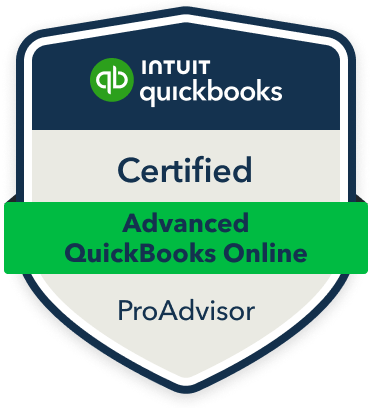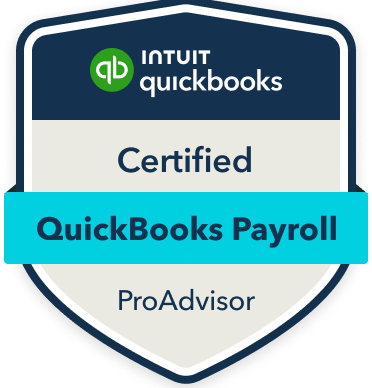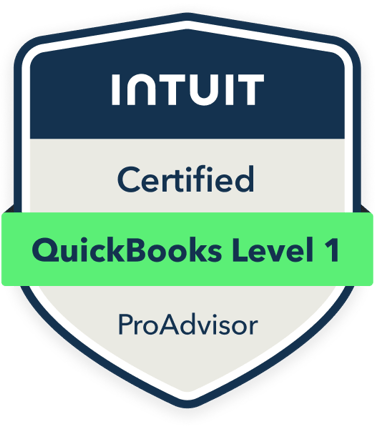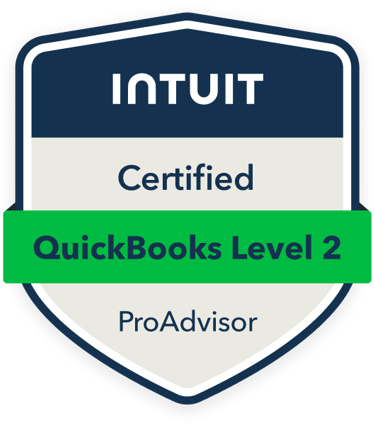Maximizing Tax Deductions: A Comprehensive Guide for Business Owners
Taking full advantage of available tax deductions can significantly reduce your tax liability and enhance your business’s financial health. In this post, we’ll walk you through essential strategies and best practices to help you identify and claim the maximum allowable deductions, ensuring you keep more of your hard-earned money.


Maximizing Tax Deductions: A Guide for Business Owners
As a business owner, taking full advantage of tax deductions can significantly reduce your overall tax liability and enhance your financial health. However, maximizing your deductions requires careful planning and a thorough understanding of the tax code. Here's a comprehensive guide to help you identify and claim the maximum allowable deductions for your business:
Keep Detailed Records
Organized Documentation
Maintain accurate and detailed records of all business transactions, including receipts, invoices, and bank statements. Proper documentation is crucial for substantiating your deductions in case of an audit.
Digital Records
Consider using bookkeeping software like QuickBooks to keep digital records. This not only simplifies record-keeping but also makes it easier to categorize expenses and generate reports.
Understand Deductible Expenses
Common Deductible Expenses
Familiarize yourself with common deductible business expenses. These typically include rent, utilities, office supplies, travel, meals, and marketing costs. Ensure that these expenses are both ordinary (common in your trade) and necessary (helpful and appropriate).
Home Office Deduction
If you use a part of your home exclusively for business, you may qualify for the home office deduction. Calculate this based on the proportion of your home’s total square footage that your office occupies.
Take Advantage of Depreciation
Depreciate Business Assets
Depreciation allows you to deduct the cost of business assets over their useful life. This includes equipment, vehicles, furniture, and certain improvements. Use IRS guidelines to determine the appropriate depreciation method and period.
Section 179 Deduction
The Section 179 deduction lets you expense the full cost of qualifying assets in the year they are purchased rather than depreciating them over time. Ensure you understand the limits and qualification criteria for this deduction.
Monitor Your Mileage
Track Business Mileage
Deduct business-related travel expenses, including miles driven for meetings, deliveries, and other business purposes. Keep a detailed mileage log to support your claims.
Standard Mileage Rate vs. Actual Expense
You can choose between the standard mileage rate or actual vehicle expenses for deductions. Calculate both methods to determine which provides a larger deduction.
Employee-Related Deductions
Wages and Benefits
Wages, salaries, bonuses, and commissions paid to employees are deductible. Additionally, contributions to employee retirement plans, health insurance premiums, and other benefits can be deducted.
Training and Development
Expenses related to employee training, certifications, and professional development are also deductible. Investing in your team's growth not only benefits your business but also reduces your taxable income.
Deduct Business Startup Costs
Startup and Organizational Costs
You can deduct up to $5,000 in startup costs and $5,000 in organizational costs in your first year of business. These include market research, advertising, legal fees, and more. Expenses exceeding these limits must be amortized over 15 years.
Consider Health Insurance Deductions
Self-Employed Health Insurance
If you are self-employed, you can deduct health insurance premiums for yourself, your spouse, and your dependents. This deduction can be claimed even if you do not itemize deductions.
Small Business Health Insurance Credit
Small businesses that provide health insurance to employees may qualify for the Small Business Health Insurance Premiums Credit. Ensure you meet the eligibility requirements to take advantage of this credit.
Implement Retirement Plans
Retirement Plan Contributions
Contributions to retirement plans for yourself and your employees are tax-deductible. Consider setting up plans like SEP IRAs, SIMPLE IRAs, or 401(k)s to maximize your deductions.
Utilize the Qualified Business Income Deduction (QBI)
Calculating QBI
The QBI deduction allows eligible businesses to deduct up to 20% of their qualified business income. Ensure you understand the limitations and thresholds that apply to this deduction.
Stay Informed and Seek Professional Help
Continuous Education
Tax laws are constantly changing. Stay informed about new tax regulations and potential deductions by reading IRS publications, attending seminars, and consulting with tax professionals.
Consult a Tax Professional
Working with a CPA or tax advisor can help you navigate the complexities of the tax code and identify deductions you might otherwise overlook. Professional advice ensures you maximize your deductions while remaining compliant with IRS rules.
Maximizing your tax deductions requires meticulous record-keeping, knowledge of deductible expenses, and strategic planning. By understanding the available deductions and implementing best practices, you can significantly reduce your taxable income and improve your business's financial health. For personalized advice and to ensure compliance, consider consulting with a tax professional who can help you make the most of your deductions.








